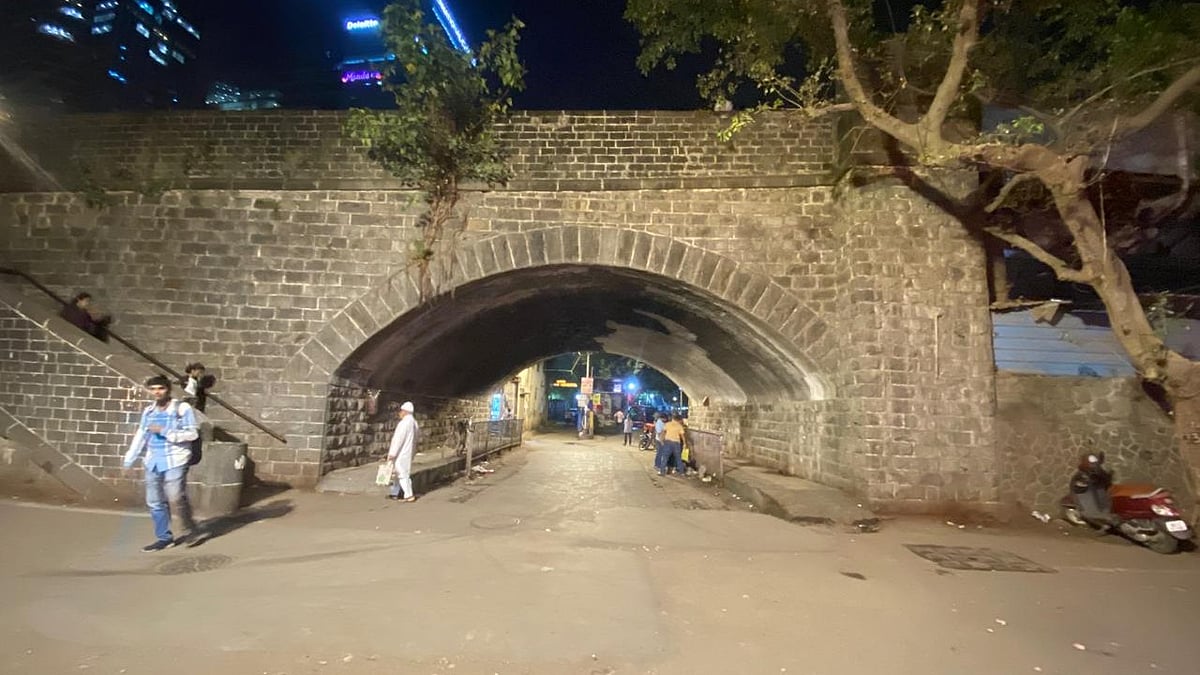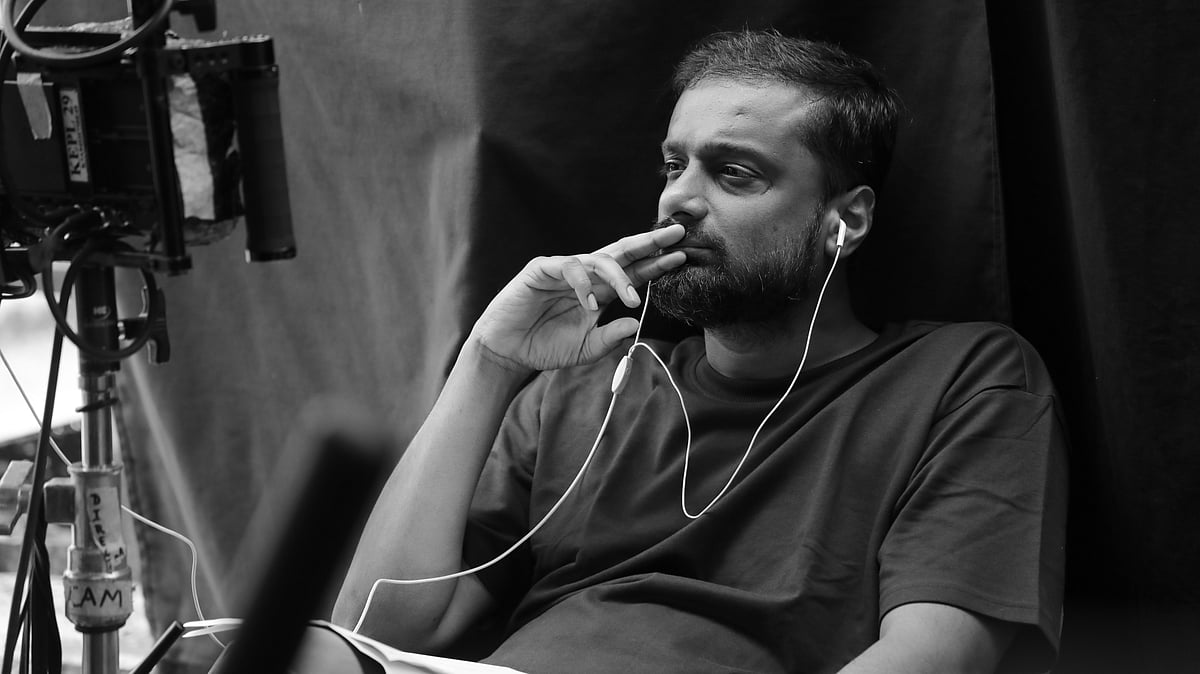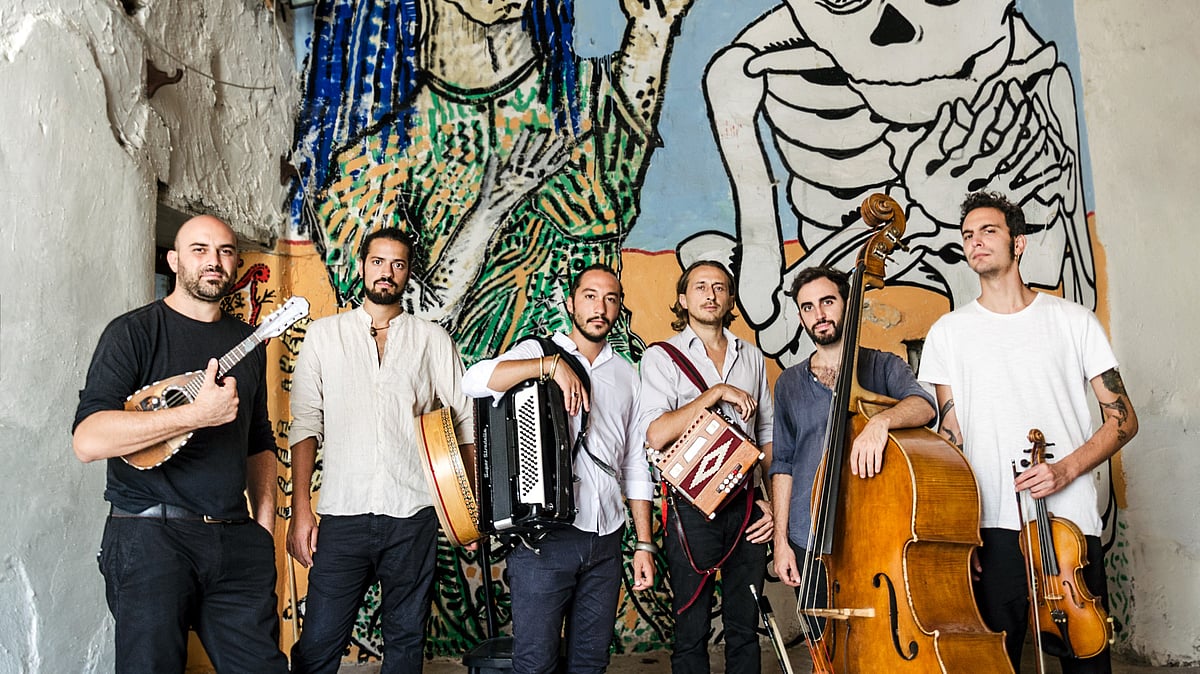As we celebrate World Hindi Day on January 10 to commemorate the first World Hindi Conference held in January 1975 in Nagpur, Maharashtra. The language has come a long way from just being a national language of India — thanks to some of the celebrated Hindi poets and writers of India. One should note that the language had won the title of National Language by just one vote over English. The reason why most South Indians still have reservations about the language.
The torch-bearers
From Kabir and Meera Bai soul-stirring verses of love and spirituality written in Hindi resonate with generations. In modern India, writers and poets like Kumar Ambuj, Bharatendu Harishchandra, Mahadevi Verma, Ramdhari Singh Dinkar, Suryakant Tripathi, Shail Chaturvedi, Jayshankar Prasad, Sumitranandan Pant, Dushyant Kumar, Sharad Joshi, Dharmaveer Bharati, among many others, highlighted social topics and developed romantic novels through their powerful Hindi narrative.
Language that binds us all
Hindi, as a language of literature, conveys empathy, kindness, and the shared human experience. “Hindi embodies the spirit of Vasudhaiva Kutumbakam — the world is one family — promoting unity and understanding. Hindi, transcends linguistic boundaries and speaks to the universal human experience,” says Sudharshana Dwivedi, former editor of Dharmyug and author of several Hindi books. She is in a way right as Hindi is now, supposed to be, the third most spoken language in the world and is spoken by most in India.
Chitra Mudgal, the first woman author to receive Vyas Samman for her path-breaking writings in Hindi and a recipient of the Hindi Academy award says, “Hindi literature has been a reflection of the times in each generation and not simply walking the path of power and market forces.” Her point being that Hindi writers, poets, readers and listeners have an open mind and can laugh at themselves; the success of Hasya Kavi Sammelans through decades proving the point.
What’s the future
As the new generation embraces English language to propagate thoughts, Hindi practitioners are wary of it slowly becoming redundant. They feel that since the generation in urban areas of the Hindi speaking belt prefer English as medium of communication, the native tongue is being diluted and ignored.
“Language is used for communication and the transfer and construction of knowledge. Languages grow by merging with other languages,” Abhishek Goswami, teacher of drama in education, Azim Premji Foundation. “Hindi has been restricted to one stratum of society because of the way it has grown, similar to Sanskrit,” he explains.

Harish Pathak, an author and the recipient of several Hindi Academy awards, feels Hindi provides initial food for thought for almost every writer. “However, most writers don’t understand the depth of Hindi words,” he says. “The young generation needs to read and write in Hindi to understand Indian culture,” says Pathak.
Ashok Rahi, a playwright and theatre director, feels Hindi as a language has now become restricted to one group of people. “Others don’t want to learn the script, and so the literature does not reach everyone. Parents are taking the least interest in teaching Hindi to their children. The bedtime stories have changed from Hindi to English so the basic sanskar is missing. Therefore, the language has seen visible decay in the last few years,” says Rahi.
Collective efforts
Although Hindi is trapped in a corner, it has not been abandoned, and perhaps will never be. A potpourri of languages, Hindi features aspects of Sanskrit, Urdu and Persian, and hence it has collective authorship.
Additionally, the tireless efforts of Indian authors, language enthusiasts and political leaders ensure that the use of Hindi will not be confined to a single community.
“Language doesn’t work in one dimension; it is multi-dimensional. Hindi is so deeply ingrained in our culture that we speak it without realising it. The language is getting attention now. The Hindi festivals organised in non-Hindi-speaking countries bear testimony to that,” says Era Tak author and poet. And one can credit this to Hindi films as well, which have a never ending audience globally. To conclude, while people may be apprehensive, Hindi has a long life thanks to films and rich literature.












